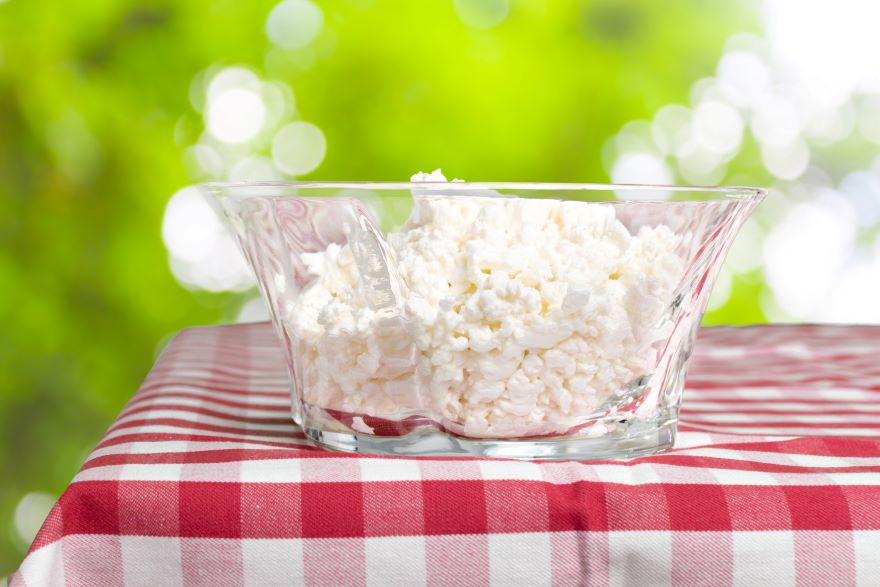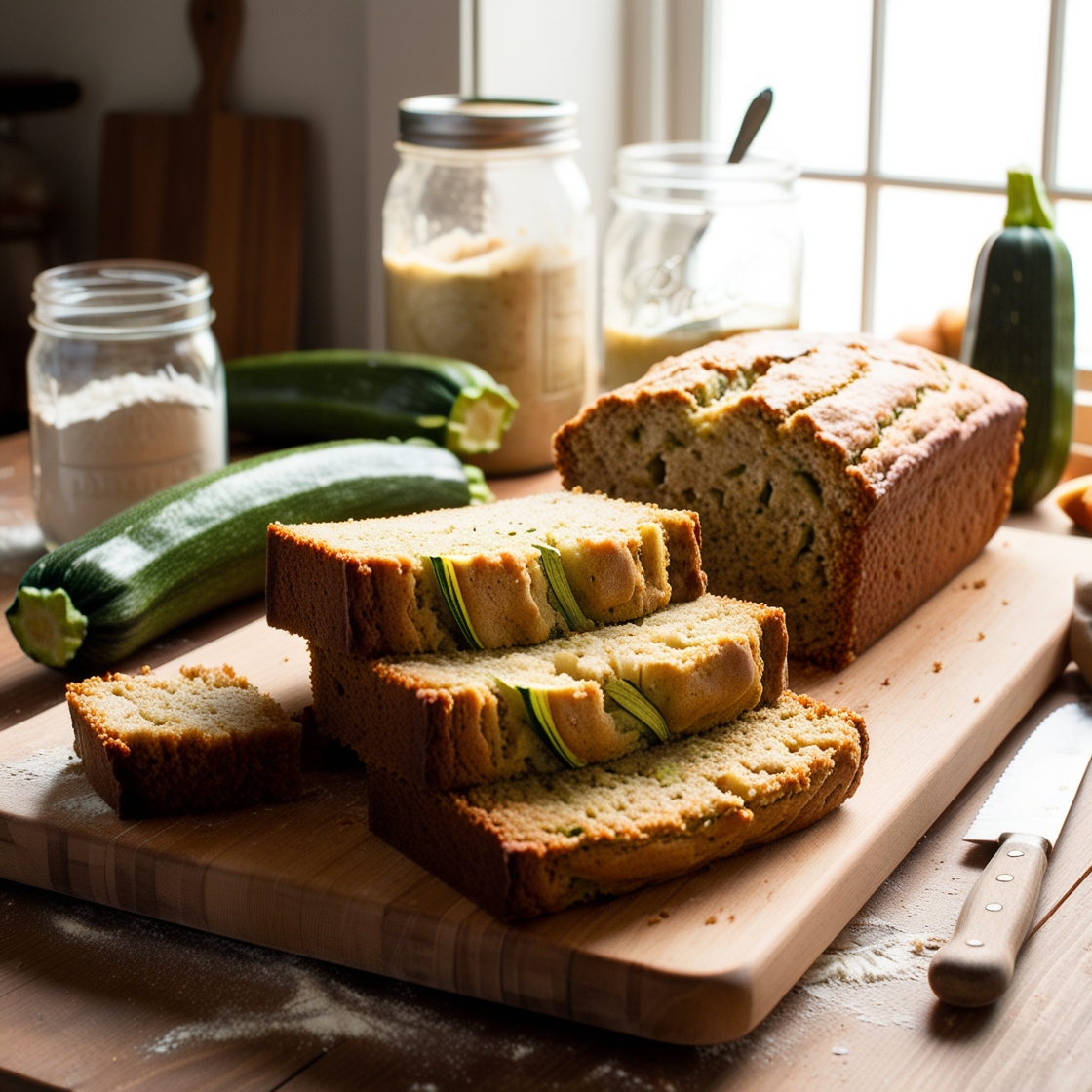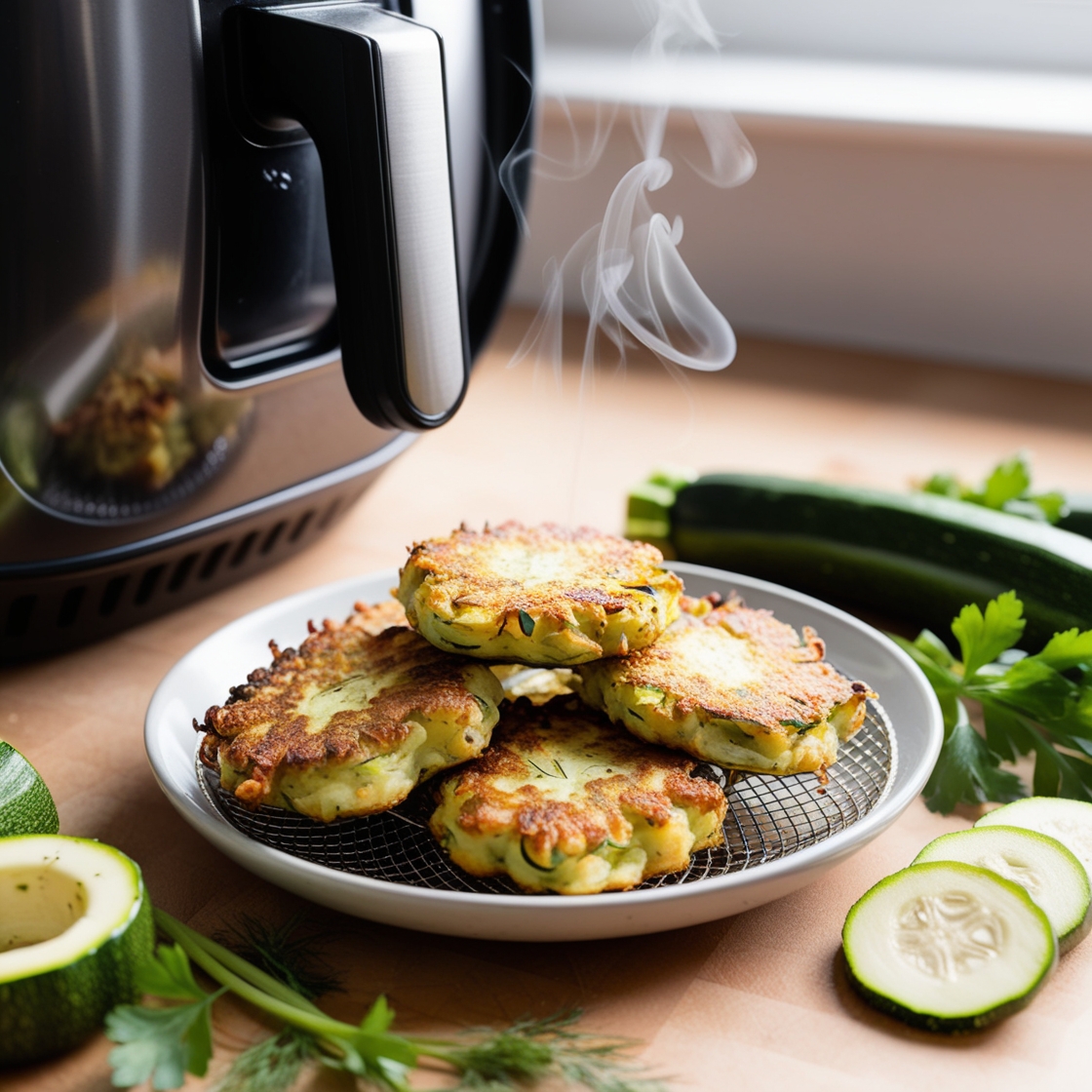I have always loved cheese. Who doesn’t? There’s just something so satisfying about its creamy texture, the way it melts perfectly over warm dishes, and that rich, savory taste that makes every meal feel indulgent. I love feta cheese crumbled into my fresh green salad, mozzarella bubbling over my homemade pizza, cream cheese layered in my blueberry cheesecake, and, of course, cottage cheese nestled in the layers of my lasagna.
As I began exploring dairy-free options, one question kept coming up: is cottage cheese dairy free? The answer is clear—cheese, regardless of type or kind, belongs to the dairy group.

For someone who grew up with cheese as a staple in my household, the idea of giving it up seemed impossible. My family enjoys cheese in many ways – from quick grilled cheese sandwiches to fancy holiday cheese platters with crackers. It’s become a cherished part of our gatherings, and I especially savor those quiet moments when I pair a glass of wine with a bit of blue cheese.
However, as I became more health-conscious and started researching the impact of dairy on the body, I realized that it might not be the best choice for me. Not only did I come across studies on lactose intolerance, but I also read about the ethical and environmental concerns surrounding dairy production. That’s when I started looking for alternatives—especially for cottage cheese.
Is Cottage Cheese Dairy-Free?
The short answer is no. Cottage cheese is a dairy product, made by curdling milk and draining the whey while keeping some moisture in. Traditional cottage cheese is high in protein, low in fat, and a great addition to both sweet and savory dishes. But for those who are lactose intolerant, vegan, or simply looking to reduce their dairy intake, finding a plant-based alternative is essential.
Exploring Dairy-Free and Vegan Cottage Cheese Alternatives
When I first set out on my mission to find a dairy-free substitute for cottage cheese, I did what I always do—I turned to research. I read articles, watched videos, and even talked to a few food experts. What I learned is that while no single plant-based ingredient can perfectly mimic the taste and texture of cottage cheese, a combination of the right elements can come pretty close.
Expand your culinary horizons with “The Vegan Chinese Kitchen” by Hannah Che. This James Beard Foundation Award-winning cookbook offers a collection of authentic Chinese recipes reimagined for a plant-based diet, providing inspiration for incorporating dairy-free alternatives into traditional dishes.

The Vegan Chinese Kitchen
- 100+ fresh, plant-based, umami-packed recipes that show the range of traditional and modern Chinese vegan cuisine from the creator of The Plant-Based Wok
- Recipes and Modern Stories from a Thousand-Year-Old Tradition
- Clear instructions and easy-to-follow steps
- Inspiring cookbook with easy recipes
Understanding the Challenges of Dairy-Free Alternatives
Creating a plant-based cottage cheese that replicates the texture and flavor of traditional dairy products can be tricky. Cottage cheese has a unique, slightly tangy taste and a curd-like consistency that is not easily replicated with a single ingredient.
The Importance of Ingredient Combinations
Rather than relying on a single base, successful dairy-free cottage cheese alternatives often combine multiple plant-based ingredients. This ensures the right balance of creaminess, acidity, and texture, making the final product as close as possible to traditional cottage cheese.
Finding the Right Dairy-Free Cottage Cheese for You
With so many plant-based options available, exploring different varieties can help you discover your perfect match. Whether you prefer store-bought alternatives or making your own at home, understanding the different ingredients and techniques can help you enjoy a satisfying, dairy-free option.
You may wish to consider trying Forager Project Organic Dairy-Free Cashewmilk Yogurt. Forager Project crafts this unsweetened, plant-based yogurt from organic cashews, giving it a rich, creamy texture similar to Greek yogurt. As a versatile ingredient, it works well in both sweet and savory recipes, making it a great substitute for cottage cheese in certain applications.
- Our most versatile dairy-free Cashewmilk yogurt. No added sugar, no flavors, just simple, organic ingredients. Enjoy as is or use it in your favorite recipes as a vegan alternative to yogurt.
The Origins of Cottage Cheese
Cottage cheese has a fascinating history that dates back centuries. It’s thought that cottage cheese was the first cheese brought to America by European immigrants in the mid-1800s. In an effort to reduce food waste, farmers ate the curds and whey that remained after making fresh farmhouse cheese with naturally soured milk. This simple and nutritious food quickly gained popularity due to its high protein content and affordability.
Cottage cheese gained popularity in America during World War II as a protein-rich, affordable food. It remained a favorite among health enthusiasts into the mid-20th century due to the rise of low-fat diets. During the 1970s, the “Cottage Cheese and Grapefruit Diet” emerged, promoting quick weight loss. While its popularity dipped with the rise of yogurt, cottage cheese is currently experiencing a resurgence thanks to keto and diabetic diets.

Richard Nixon and His Love for Cottage Cheese
One of the most famous fans of cottage cheese was President Richard Nixon. His fondness for cottage cheese was well-known during his presidency. A typical day in the Nixon White House included fresh fruit, wheat germ, coffee, and, of course, cottage cheese, sometimes topped with ketchup or black pepper. He even had his favorite cottage cheese from Knudsen Dairy in Los Angeles flown to the White House weekly. On the day he announced his resignation, his lunch consisted of cottage cheese, pineapple slices, and a glass of milk.
Key Ingredients Used in Dairy-Free Cottage Cheese
Most vegan cottage cheese options use a plant-based milk base that provides the necessary creaminess and structure. Here are some of the most common alternatives:
- Tofu: A high-protein, soy-based ingredient that crumbles easily and absorbs flavors well.
- Cashews: When blended, cashews create a rich and creamy texture, making them an excellent base for dairy-free cheeses.
- Sunflower Seeds & Watermelon Seed Milk: These are becoming more popular as they add a mild flavor and smooth consistency without overpowering other ingredients.
- Almond or Coconut Milk: These provide a smooth, mild base, though coconut milk tends to be richer.
- Nutritional Yeast: This adds a cheesy, umami flavor that makes vegan cheeses taste more authentic.
- Agar Agar or Tapioca Starch: Used to help thicken and create the right curd-like consistency.
Elevate your plant-based cooking with the Vitamix A3500 Ascent Series Smart Blender. Renowned for its powerful motor and precision, this blender effortlessly creates creamy bases for your dairy-free cottage cheese and other vegan recipes. Its versatility and durability make it a staple in any health-conscious kitchen.

Vitamix A3500 Ascent Series
- 64-Ounce Container is ideal for medium to large-sized blends
- Program Settings: Five program settings (for Smoothies, Hot Soups, Dips & Spreads, Frozen Desserts, and Self-Cleaning) ensure walk-away convenience and consistent results
- Touchscreen Controls give the machine a sleek silhouette and are easily wiped clean
- Variable Speed Control and Pulse feature let you manually fine-tune the texture of any recipe
Once I had a good idea of the ingredients that worked best, I started experimenting in my own kitchen. It took several attempts, but I finally came up with a dairy-free cottage cheese recipe that even my cheese-loving family approved of.
Homemade Dairy-Free Cottage Cheese Recipe
Ingredients:
- 1 block of firm tofu
- ½ cup unsweetened dairy-free yogurt (cashew or almond works well)
- 1 tbsp lemon juice
- 1 tbsp apple cider vinegar
- 1 tsp salt
- 1 tbsp nutritional yeast
- ¼ cup unsweetened almond milk
- ½ tsp garlic powder (optional for a savory twist)
Instructions:
- Crumble the tofu into small, cottage cheese-sized curds.
- In a separate bowl, whisk together the dairy-free yogurt, lemon juice, apple cider vinegar, salt, and nutritional yeast.
- Slowly add in the almond milk, adjusting the consistency to your preference.
- Gently fold in the crumbled tofu until well coated.
- Let it sit in the fridge for at least 30 minutes to absorb flavors before serving.
This dairy-free cottage cheese is perfect for salads, pasta dishes, or even as a dip with crackers.
More Recipes Using Dairy-Free Cottage Cheese
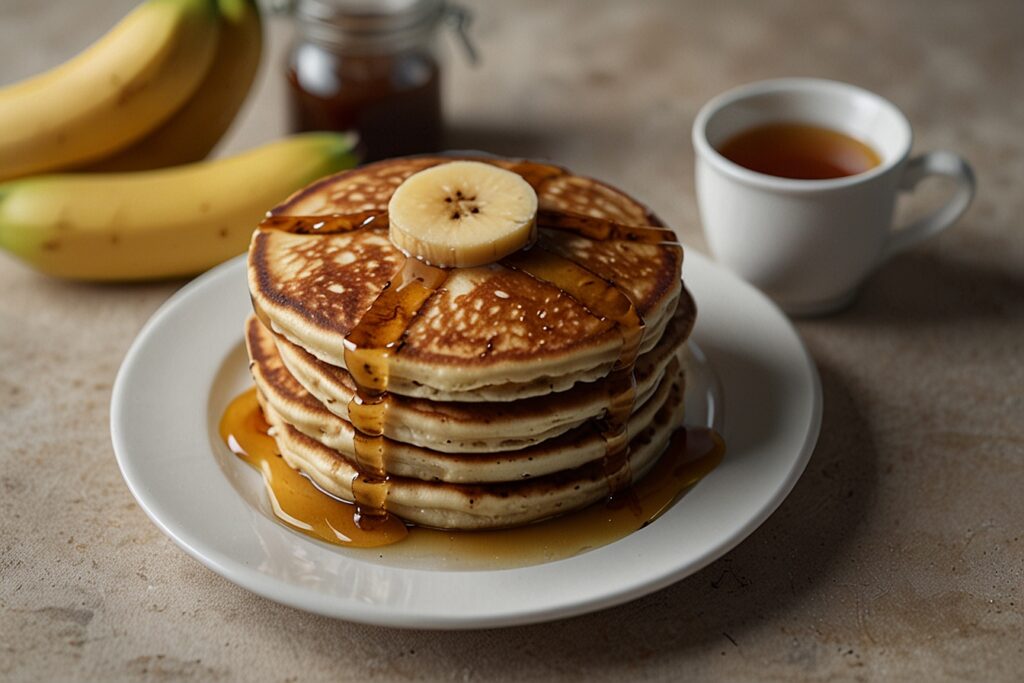
Healthy Dairy-Free Cottage Cheese Pancakes
A protein-packed breakfast option that’s light and fluffy, perfect for starting your day with wholesome ingredients.
Ingredients
- 1 cup homemade dairy-free cottage cheese (from base recipe)
- 1 cup whole grain oat flour
- 2 flax eggs (2 tbsp ground flaxseed + 6 tbsp water)
- 1/4 cup unsweetened almond milk
- 1 ripe banana, mashed
- 1 tsp vanilla extract
- 1 tsp baking powder
- 1/4 tsp baking soda
- 1/4 tsp cinnamon
- Pinch of sea salt
- 1 tbsp maple syrup (optional)
Instructions
- Prepare flax eggs by mixing ground flaxseed with water. Let sit for 10 minutes.
- In a large bowl, whisk together oat flour, baking powder, baking soda, cinnamon, and salt.
- In another bowl, combine dairy-free cottage cheese, mashed banana, flax eggs, almond milk, vanilla, and maple syrup if using.
- Fold wet ingredients into dry ingredients until just combined. Let the batter rest for 5 minutes.
- Heat a non-stick pan over medium heat.
- Pour 1/4 cup batter for each pancake. Cook until bubbles form (2-3 minutes), then flip.
- Cook another 1-2 minutes until golden brown.
Serves 4 (12 pancakes) Nutrition per serving: 220 calories, 12g protein, 35g carbs, 6g fiber, 5g healthy fats
Healthy Vegan Lasagna with Dairy-Free Cottage Cheese
A creamy, comforting classic with a plant-based twist that doesn’t compromise on flavor or nutrition.
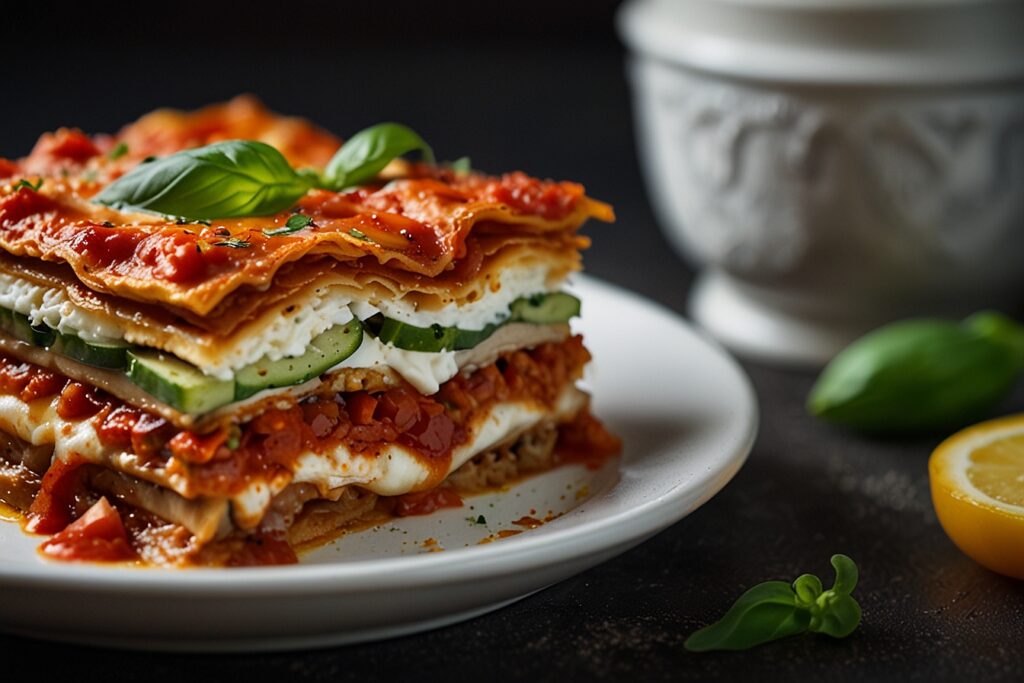
Cottage Cheese Layer
- 2 cups homemade dairy-free cottage cheese (from base recipe)
- 1 cup spinach, finely chopped
- 2 tbsp nutritional yeast
- 1 tsp Italian herbs
- 1/4 tsp black pepper
Vegetable Layer
- 2 zucchini, sliced lengthwise (as noodle alternative)
- 2 cups mushrooms, sliced
- 1 red bell pepper, diced
- 1 cup carrots, finely diced
- 2 cups fresh spinach
- 3 cloves garlic, minced
- 1 onion, diced
Sauce
- 2 cans (14 oz each) crushed tomatoes
- 2 tbsp tomato paste
- 3 cloves garlic, minced
- 1 tbsp dried oregano
- 1 tbsp dried basil
- 1/4 tsp red pepper flakes
- Salt and pepper to taste
Instructions
- Preheat the oven to 375°F (190°C).
- Prepare Vegetables:
- Sauté onion and garlic until translucent
- Add mushrooms, bell pepper, and carrots. Cook until softened
- Add spinach and cook until wilted
- Season with salt and pepper
- Prepare Sauce:
- Combine all sauce ingredients in a pot
- Simmer for 15 minutes
- Adjust seasoning to taste
- Mix Cottage Cheese Layer:
- Combine all ingredients in a bowl
- Mix well
- Assembly:
- Layer in 9×13 baking dish:
- Thin layer of sauce
- Zucchini slices
- Vegetable mixture
- Cottage cheese mixture
- Repeat layers
- End with sauce on top
- Layer in 9×13 baking dish:
- Cover with foil and bake 45 minutes
- Remove foil and bake additional 15 minutes
Serves 8 Nutrition per serving: 280 calories, 18g protein, 32g carbs, 8g fiber, 10g healthy fats
Creamy Dairy-Free Cottage Cheese Dip
A simple, flavorful dip perfect for vegetables and crackers that’s packed with protein and healthy fats.
Ingredients
- 1 cup homemade dairy-free cottage cheese (from base recipe)
- 1/4 cup fresh herbs (dill, chives, or parsley)
- 2 cloves garlic, minced
- 1 tbsp lemon juice
- 1 tbsp olive oil
- 1 tsp onion powder
- 1/4 tsp sea salt
- Black pepper to taste
- Optional: 1/4 cup finely diced cucumber
Instructions
- Combine all ingredients in a food processor or blender
- Pulse until well combined but still maintaining some texture
- Taste and adjust seasonings as needed
- Refrigerate for at least 30 minutes before serving
- Serve with fresh vegetables, whole grain crackers, or as a spread
Serves 6
Nutrition per serving: 85 calories, 8g protein, 3g carbs, 1g fiber, 5g healthy fats
Incorporating Dairy-Free Cottage Cheese into Your Lifestyle
Switching to dairy-free cottage cheese is more than just a dietary choice—it’s a lifestyle change that offers a variety of health benefits without sacrificing flavor. From improving health to supporting ethical choices or simply exploring new options, there are plenty of ways to make the transition seamless. By experimenting with different ingredients, finding the right store-bought brands, or making your own at home, you can create delicious dishes that might make you forget they’re dairy-free.
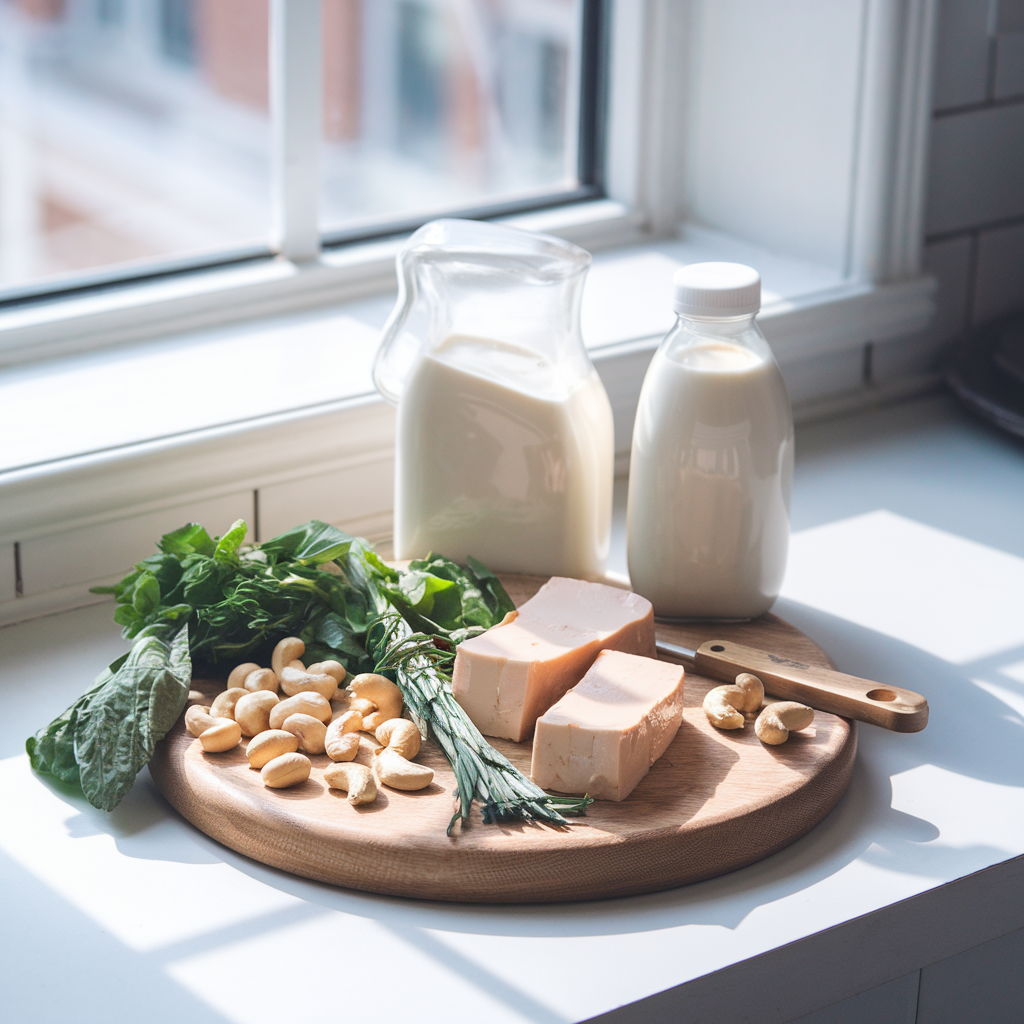
Final Thoughts
From understanding the history of cottage cheese to exploring modern dairy-free alternatives, we’ve journeyed through the transformation of this beloved dairy product. Through simple ingredients like tofu, cashews, and plant-based yogurt, we’ve discovered how to create satisfying versions of classic recipes – from protein-rich pancakes to comforting lasagna, all while maintaining the creamy texture and versatility we love about traditional cottage cheese.
Your journey to dairy-free cooking starts in your own kitchen, with ingredients readily available at your local farmers’ market or grocery store. Don’t let the idea of dairy-free cooking intimidate you – nature provides an abundance of alternatives waiting to be explored. Each experiment in your kitchen is a step toward discovering new flavors and potentially a healthier lifestyle. Remember, the most remarkable culinary innovations often come from simple ingredients combined with a dash of creativity and an open mind.
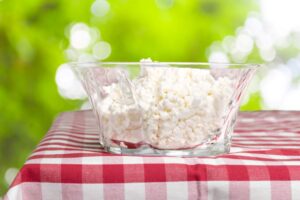
*We may earn a commission for purchases made using our links. Please see our disclosure to learn more.

